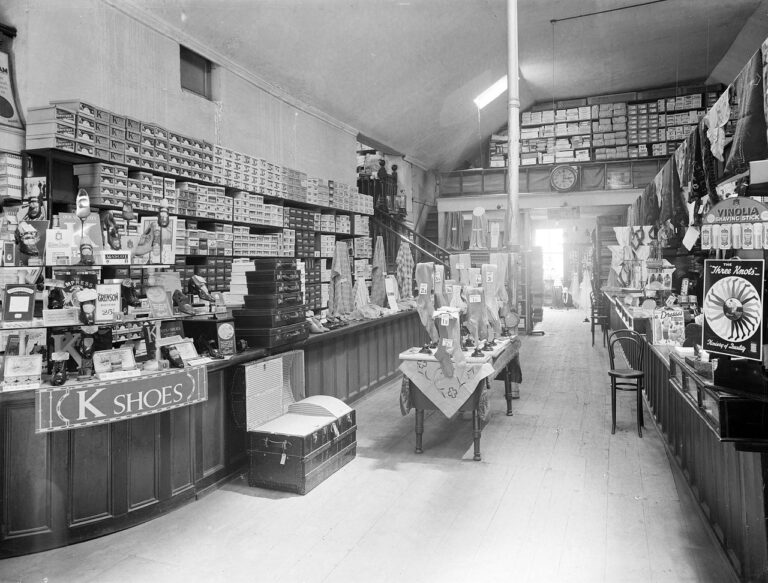The Psychology of Impulse Buying: Strategies for Retailers to Capitalize On
Consumer behavior is a complex and multifaceted field that delves into the various aspects influencing individuals’ decisions when making purchases. Understanding the psychology behind why consumers choose certain products over others is crucial for businesses seeking to tailor their marketing strategies effectively. By analyzing factors such as economic conditions, cultural influences, and personal preferences, companies can gain valuable insights into consumer behavior patterns.
Moreover, the emergence of digital platforms has revolutionized the way consumers interact with brands and make purchasing decisions. With the prevalence of online shopping and social media marketing, consumers now have access to a vast array of information and options at their fingertips. This shift towards a more connected and technologically-driven marketplace has prompted businesses to adapt their strategies to cater to the ever-evolving needs and preferences of consumers.
The Role of Emotions in Impulse Buying
Understanding consumer behavior is crucial for businesses looking to increase sales, and emotions play a significant role in driving impulse purchases. When consumers are enticed by positive emotions such as excitement, desire, or joy, they are more likely to make impulsive buying decisions without much contemplation. This can be observed in instances where limited edition products create a sense of exclusivity and trigger consumers’ emotions, leading them to buy on impulse.
On the flip side, negative emotions like fear, anxiety, or envy can also prompt impulse buying behaviors. Marketers often use techniques that evoke a sense of urgency or scarcity to tap into consumers’ emotions and push them towards making quick purchasing decisions. By appealing to consumers’ emotions, businesses can leverage the power of impulse buying and drive sales effectively.
Creating a Sense of Urgency
To effectively create a sense of urgency in consumers, it is essential to convey time-sensitive messaging that compels immediate action. Limited-time offers, exclusive deals, and countdown timers are powerful tools that can evoke a fear of missing out, pushing individuals to make a purchase decision swiftly. By emphasizing scarcity and highlighting the imminent expiration of an opportunity, businesses can tap into the psychological principle of loss aversion, where the fear of losing out on a benefit outweighs the desire to gain it.
Moreover, employing persuasive language that conveys a sense of immediacy can further reinforce the urgency of a situation. Phrases such as “Act now,” “Limited stock available,” and “Offer valid for the next 24 hours only” trigger a sense of time pressure in consumers, prompting them to act quickly to secure the perceived benefits. By strategically positioning these messages across various marketing channels and touchpoints, businesses can effectively drive impulse purchases and boost conversion rates.
How can understanding consumer behavior help in creating a sense of urgency?
By understanding consumer behavior, businesses can tailor their marketing strategies to appeal to the emotions and impulses of their target audience, creating a sense of urgency to make a purchase.
What role do emotions play in impulse buying?
Emotions play a significant role in impulse buying, as consumers are more likely to make quick purchasing decisions when they are driven by emotions such as excitement, fear of missing out, or desire.
How can businesses effectively create a sense of urgency in their marketing strategies?
Businesses can create a sense of urgency by using tactics such as limited-time offers, flash sales, countdown timers, and highlighting scarcity or exclusivity to motivate customers to make a purchase quickly.







